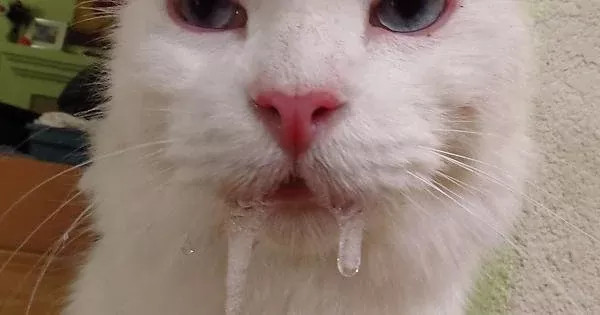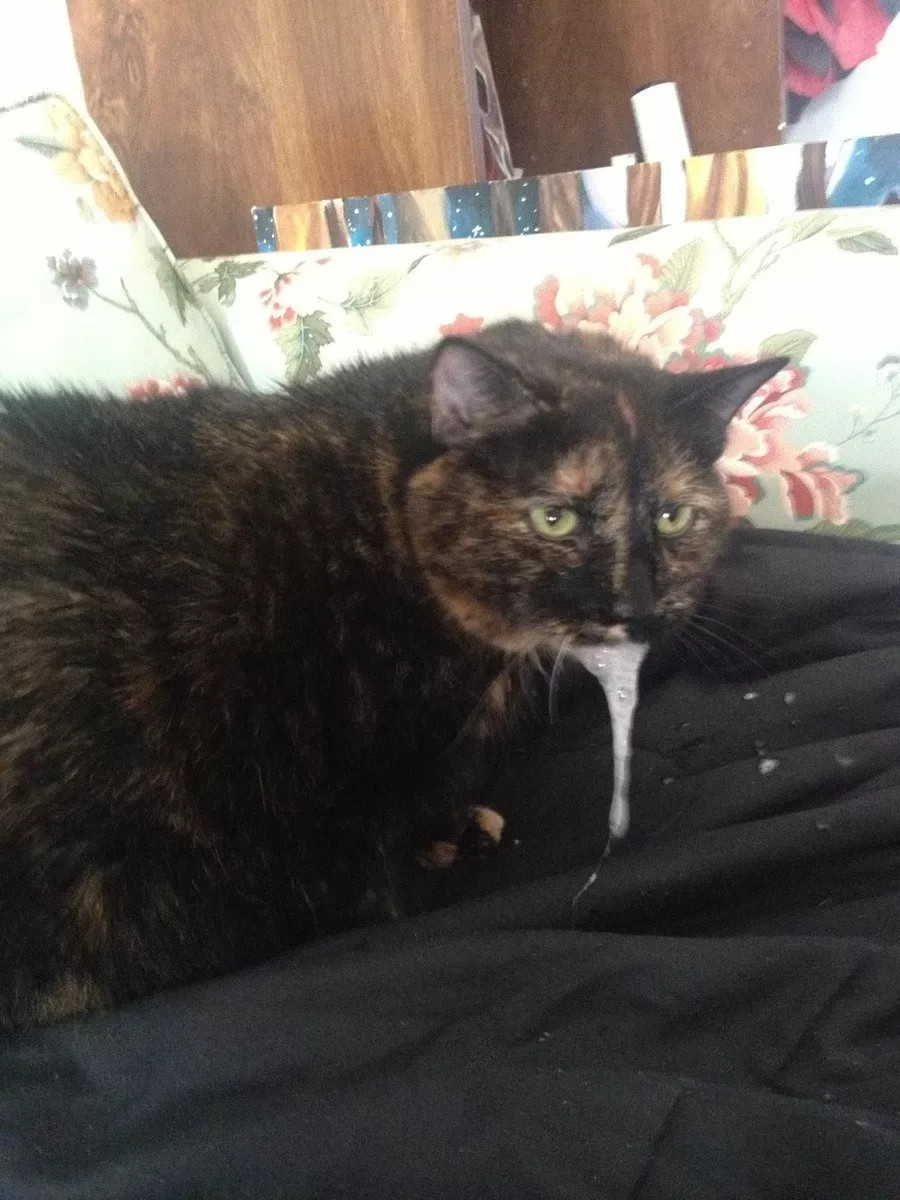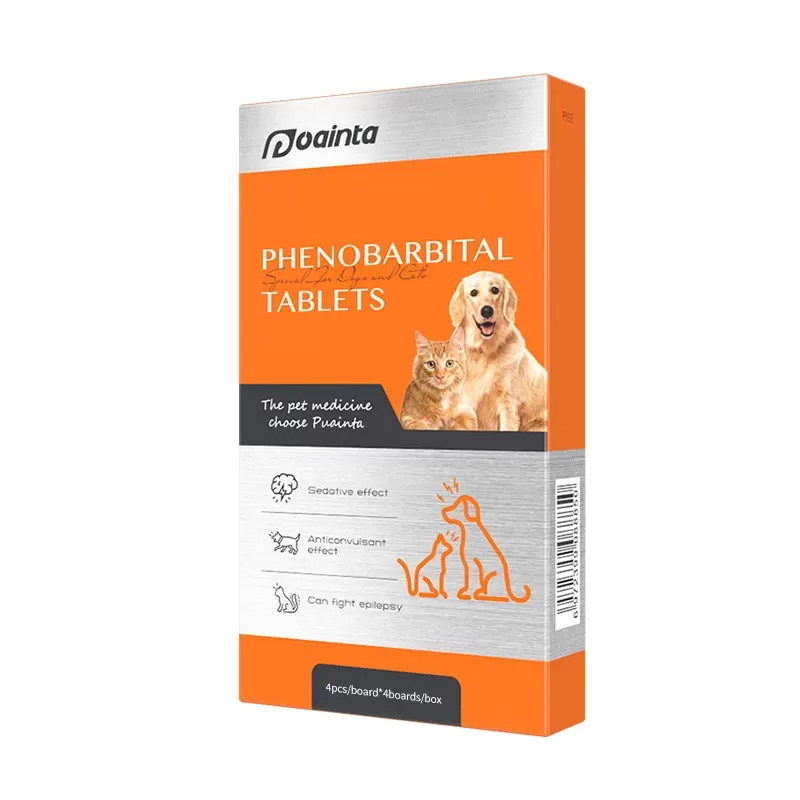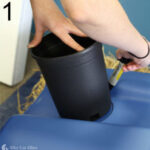Discovering your cat foaming at the mouth can be alarming for any pet owner. It’s essential to understand that this symptom, characterized by excessive salivation and a frothy appearance around the mouth, is not normal for cats and often indicates an underlying health issue that requires attention. This article will explore the various reasons why your cat might be foaming at the mouth, guide you on when veterinary care is necessary, and discuss potential treatments.
 Why is My Cat Foaming at the Mouth
Why is My Cat Foaming at the Mouth
Potential Causes of Foaming at the Mouth in Cats
Several factors can contribute to a cat foaming at the mouth, ranging from relatively minor irritations to serious medical emergencies. Identifying the potential cause is the first step in ensuring your feline friend receives the appropriate care.
1. Dental Problems and Oral Irritation
Oral health issues are a common culprit behind excessive salivation in cats. Conditions such as gingivitis, periodontitis, tooth decay, or dental abscesses can cause significant pain and inflammation in the mouth. This discomfort often leads to increased drooling, which can appear as foaming at the mouth, especially as the cat attempts to clear the excess saliva. You might also notice your cat showing reluctance to eat, pawing at their face, or exhibiting changes in their usual eating habits.
Read more: Mouth Inflammation and Ulcers in Cats
2. Seizures and Neurological Issues
Seizures, resulting from abnormal electrical activity in the brain, can manifest with a range of symptoms, including foaming at the mouth. During a seizure, a cat may experience involuntary muscle contractions that affect the mouth and throat, leading to excessive salivation and the appearance of foam. Seizures can be caused by various underlying conditions, such as epilepsy, brain tumors, or exposure to toxins. If you suspect your cat is having a seizure, it’s crucial to seek immediate veterinary attention.
During a seizure episode, you might observe other signs alongside foaming at the mouth, such as loss of consciousness, twitching, convulsions, and involuntary urination or defecation.
3. Ingestion of Toxins or Irritants
Exposure to poisonous substances or irritants is a significant concern when a cat is foaming at the mouth. This can include reactions to flea treatment products, ingestion of household cleaners, certain poisonous plants, or chemicals. Some flea treatments, particularly those not specifically formulated for cats or used incorrectly, can cause oral irritation and excessive salivation. Similarly, many common household items and plants are toxic to cats and can trigger a foaming at the mouth response as the body tries to expel the irritant or toxin.
Immediate Steps if You Suspect Poisoning:
- Wash off topical products: If flea treatment is suspected, gently wash the area with mild soap and water to remove any remaining product, being careful to avoid getting water in the eyes, ears, or nose.
- Contact your veterinarian immediately: Time is critical in poisoning cases. Contact your vet right away, providing details about the suspected toxin and your cat’s symptoms.
- Monitor your cat closely: Observe your cat for other symptoms like difficulty breathing, vomiting, tremors, or changes in behavior. Any worsening symptoms require immediate emergency veterinary care.
 Cat Foaming at the Mouth
Cat Foaming at the Mouth
4. Foreign Objects Lodged in the Mouth or Throat
Cats are naturally inquisitive and may mouth or ingest objects that can become lodged in their mouth or throat. Items like string, yarn, small toy parts, or bones can cause irritation and obstruction. When a foreign body is stuck, it can trigger excessive drooling and foaming as the cat attempts to dislodge the object or as a reaction to the discomfort and irritation. This situation often requires veterinary intervention to safely remove the object.
5. Oral Infections and Diseases
Infections within the mouth, such as viral or bacterial infections, ulcers, or conditions like stomatitis and gingivitis, can lead to significant oral discomfort and inflammation. These conditions can increase saliva production, resulting in foaming at the mouth. Oral tumors, although less common, can also cause similar symptoms. A thorough veterinary examination is necessary to diagnose and treat these oral health issues.
6. Gastrointestinal Issues
Certain gastrointestinal (GI) problems can also manifest as foaming at the mouth. Conditions like gastritis, acid reflux, or gastrointestinal obstruction can cause nausea and excessive salivation. The foaming might be accompanied by other GI symptoms like vomiting, diarrhea, loss of appetite, lethargy, and abdominal pain. If your cat is exhibiting these combined symptoms, a veterinary evaluation is crucial to determine the underlying cause and provide appropriate treatment.
7. Heatstroke and Overheating
In hot environments, cats are susceptible to heatstroke, a dangerous condition where their body temperature rises to a critical level. Foaming at the mouth can be a symptom of heatstroke, along with other serious signs like rapid panting, lethargy, weakness, bright red gums, and vomiting. Heatstroke is a veterinary emergency, and immediate cooling measures and veterinary care are essential.
When Foaming at the Mouth Might Be Less Concerning
It’s important to differentiate between potentially serious causes of foaming and situations where it might be less alarming, though still worth monitoring.
- Post-Grooming: Some cats may foam slightly after intense grooming. This is usually due to ingesting saliva, which can sometimes create a temporary frothy appearance. This is generally normal and should resolve quickly.
- Bitter Taste Reaction: If a cat licks or mouths something with a very bitter or unpleasant taste, like certain cleaning products or plants, they might foam at the mouth briefly as a reaction to the taste. This is usually temporary and not a cause for major concern unless other symptoms develop.
- Mild Dental Issues: Early stages of dental disease might cause intermittent mild foaming, which could be easily missed. However, even mild dental problems should be addressed by a veterinarian to prevent them from worsening.
When to Seek Immediate Veterinary Care
While some instances of foaming might be benign, it’s crucial to know when to seek immediate veterinary attention. Err on the side of caution and consult a vet if you observe any of the following:
- Severe or Persistent Foaming: If the foaming is excessive, lasts for more than a brief period, or recurs frequently, it warrants veterinary investigation.
- Difficulty Breathing or Swallowing: Labored breathing, choking sounds, or difficulty swallowing alongside foaming are emergency signs indicating potential airway obstruction or a serious medical issue.
- Changes in Behavior or Appetite: Foaming accompanied by lethargy, loss of appetite, hiding, changes in drinking habits, or any other unusual behavioral changes should prompt a veterinary visit.
- Other Symptoms: Vomiting, diarrhea, tremors, seizures, weakness, or pale gums in conjunction with foaming are all reasons to seek immediate veterinary care.
Diagnostic Process
To determine the cause of foaming at the mouth, your veterinarian will perform a thorough physical examination and gather a detailed history of your cat’s symptoms and potential exposures. Depending on the suspected cause, they may recommend various diagnostic tests:
- Blood Tests: Bloodwork can assess overall organ function and identify underlying systemic illnesses or toxicities.
- Imaging (X-rays, Ultrasound): These can help visualize internal organs, detect foreign bodies, or identify masses or abnormalities.
- Dental Examination: A comprehensive oral exam, often under sedation, is essential to assess dental health and identify issues like periodontal disease, abscesses, or oral lesions.
- Allergy Testing: If allergies are suspected, allergy testing can pinpoint specific allergens causing a reaction.
- Neurological Exam: If seizures or neurological issues are suspected, a neurological examination may be performed, and further tests like an MRI or CT scan could be recommended.
Treatment Options for Cat Foaming at the Mouth
Treatment for foaming at the mouth is entirely dependent on the underlying cause. Your veterinarian will develop a tailored treatment plan based on their diagnosis.
Dental Issues: Treatment may involve professional dental cleaning, tooth extractions for severely affected teeth, antibiotics for infections, and pain management medication.
| Spray for Dog/ Cat Mouth Ulcers and Mouth Cleaning – Helps repair oral mucosa – Helps heal mouth wounds – Relieves pain, redness and swelling – Can be licked; safe and not irritating |
|---|
Seizures: If seizures are diagnosed, anticonvulsant medications are typically prescribed to manage and control seizure activity. The specific medication and dosage will be determined by your veterinarian based on the type and frequency of seizures.
 |
Puainta®Medicines for Epilepsy -Tablets – Applicable to encephalitis, brain damage, parasites, canine distemper sequela, poisoning, epilepsy caused by strong stimulation – Relieve convulsions caused by encephalitis, tetanus and strychnine poisoning |
|---|
Related: Phenobarbital for Cats
Poisoning: Treatment for poisoning is highly variable depending on the toxin ingested. It may include inducing vomiting (only done by a veterinarian or under their direct guidance), administering activated charcoal to absorb toxins, intravenous fluids for hydration and support, and specific antidotes if available.
Foreign Body Ingestion: Removal of a foreign object might require sedation or anesthesia. In some cases, the object can be removed from the mouth or throat directly. In other situations, surgery might be necessary if the object has moved further down the digestive tract.
Gastrointestinal Issues: Treatment for GI problems can include dietary changes to bland or easily digestible food, anti-nausea medications, antacids, medications to protect the stomach lining, and in cases of dehydration, intravenous or subcutaneous fluids.
Heatstroke: Immediate cooling is crucial for heatstroke. This involves moving the cat to a cool environment, applying cool water to their fur (especially on the ears and paws), using fans, and providing veterinary care, which may include intravenous fluids and monitoring.
First Aid Measures at Home (While Awaiting Vet Care)
While professional veterinary care is essential, there are a few safe first-aid steps you can take at home while waiting to see your veterinarian:
- Rinse the Mouth: Gently rinse your cat’s mouth with cool, clean water using a syringe or a slow stream from a faucet. This can help remove irritants or toxins. Avoid forcing water down their throat.
- Inspect the Mouth: Carefully check your cat’s mouth and throat for any visible foreign objects. Be extremely cautious to avoid being bitten.
- Attempt Gentle Flushing (If Object Visible): If you see something lodged and it’s easily accessible, you can gently try to flush it out with a small amount of lukewarm water using a syringe. Do not push forcefully or attempt removal if it seems deeply embedded.
- Isolate from Other Pets (If Suspected Toxin): If poisoning is suspected, keep the affected cat away from other pets to prevent potential secondary exposure.
- Do Not Force Feed or Water: Avoid giving food or water as this could worsen the situation or cause choking, especially if there’s an esophageal or airway issue.
Prevention Strategies for Foaming at the Mouth
Prevention is always preferable to treatment. While you can’t prevent every potential cause, you can take proactive steps to minimize the risks:
1. Balanced Nutrition
Feed your cat a high-quality, age-appropriate, and nutritionally balanced diet. Proper nutrition supports overall health, including oral health, and can help prevent some underlying conditions that might contribute to foaming. A diet rich in animal protein and appropriate fats is crucial for feline well-being.
2. Regular Dental Hygiene
Establish a routine of regular dental care. Daily tooth brushing with cat-specific toothpaste is ideal. If brushing is challenging, consider using dental wipes, rinses, or dental treats and foods recommended by your veterinarian. Dental powder added to food can also aid in maintaining oral hygiene. Regular veterinary dental check-ups and cleanings are essential for preventing dental disease.
3. Safe Home Environment
Cat-proof your home to eliminate potential hazards. Store cleaning products, chemicals, medications, and toxic substances securely out of reach. Identify and remove poisonous plants from your home and garden.
4. Supervised Outdoor Access
If your cat goes outdoors, supervise their time outside to minimize exposure to toxins, harmful plants, and foreign objects. Consider creating a safe, enclosed outdoor space or using a harness and leash for controlled outdoor exploration.
Common Questions About Cat Foaming at the Mouth
Do Cats Foam at the Mouth When Dying?
While foaming at the mouth is not a typical sign of natural death in cats, certain severe illnesses or emergencies that occur near the end of life could potentially cause foaming. However, it’s not a standard symptom of the dying process itself. Foaming always warrants investigation as it indicates a medical issue, regardless of a cat’s overall condition.
Do Cats Foam at the Mouth When Scared or Stressed?
Foaming at the mouth is not a typical behavioral response to fear or stress in cats. While stressed cats might exhibit various signs like hiding, hissing, or changes in appetite, foaming is not a common stress symptom. If you observe foaming, consider underlying medical causes rather than attributing it solely to fear or stress.
Why is My Cat Foaming at the Mouth After Eating?
If foaming occurs after eating, consider these possibilities:
- Dental problems: Eating can exacerbate pain from dental disease, leading to drooling and foaming.
- Foreign object: Food might irritate or further lodge a foreign object already present in the mouth or throat.
- Food allergies/sensitivities: An allergic reaction to food could, in rare cases, manifest with oral symptoms.
- Irritant/toxin ingestion: The cat may have ingested something irritating or toxic around the same time as eating.
- Gastrointestinal reflux/Gastritis: Eating might trigger acid reflux or gastritis, leading to nausea and salivation.
Conclusion: Prioritizing Your Cat’s Health
Seeing your cat foam at the mouth is a sign that something is amiss and requires your attention. While the cause might range from a minor irritation to a serious health emergency, it’s crucial to take this symptom seriously. Prompt veterinary consultation is always recommended to accurately diagnose the cause of the foaming and initiate appropriate treatment. By being vigilant, proactive with preventative care, and responsive to any unusual symptoms, you can ensure the health and well-being of your beloved feline companion. Remember, when in doubt, always seek professional veterinary guidance.


